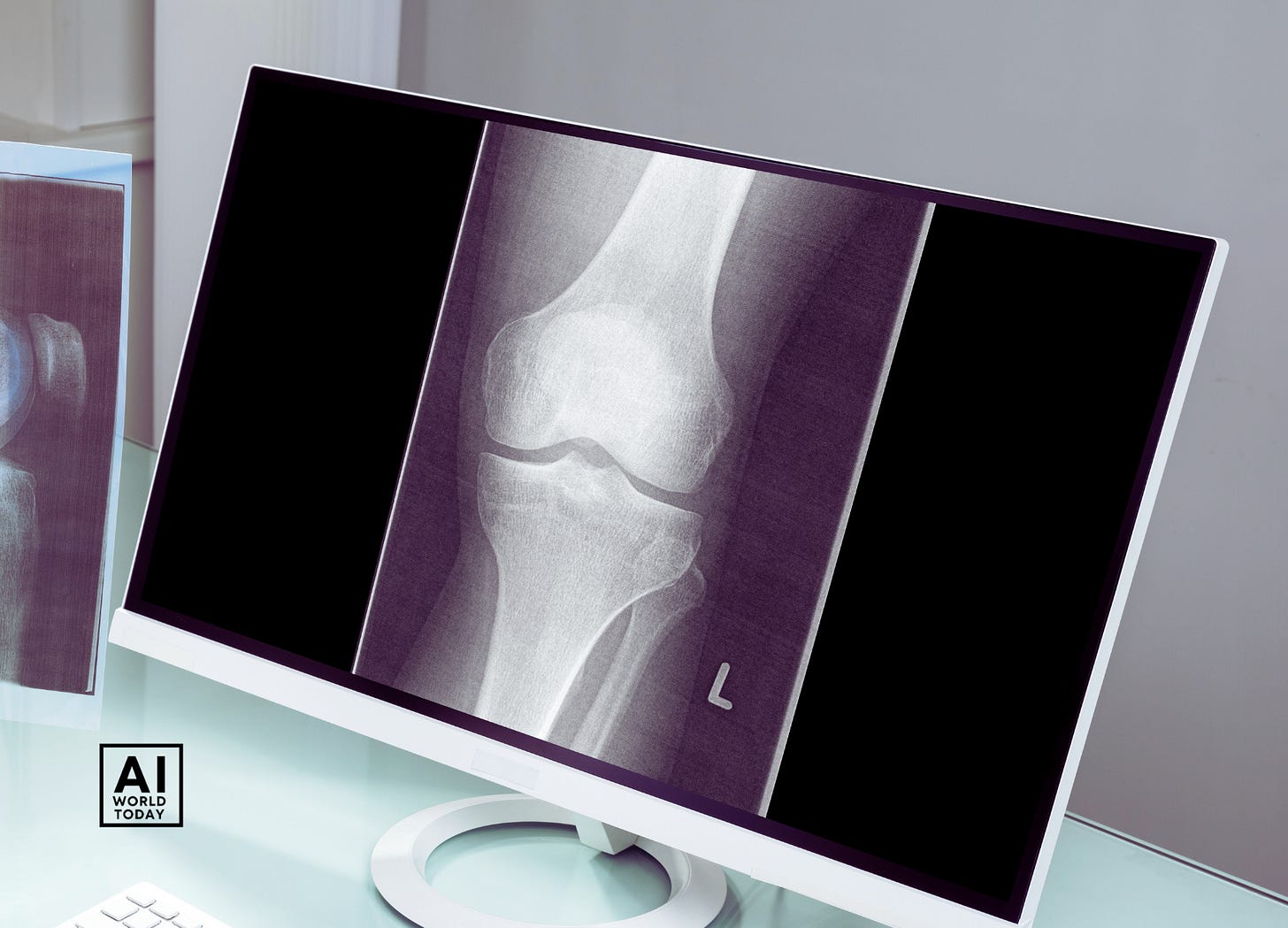IIT Guwahati Researchers Develops AI Model to Assess Knee Osteoarthritis Severity from X-ray Images
Researchers at the Indian Institute of Technology Guwahati have developed an artificial intelligence-based model named OsteoHRNet that can assess the severity of Knee Osteoarthritis from X-ray images. This could help doctors detect the condition at an early stage for better management.
Knee Osteoarthritis, a degenerative joint disease, affects 28% of the Indian population. Early diagnosis is crucial to manage pain and slow progression, but expensive tests like MRI and CT scans are not widely accessible. X-rays, though more economical and available, rely on clinical evaluation for diagnosing osteoarthritis.
The IIT Guwahati team built OsteoHRNet using High-Resolution Network, an efficient deep convolutional network. The model predicts severity according to the World Health Organization's Kellgren and Lawrence grading scale of 0 to 4 - from low to high severity.
"Compared to others, our model can pinpoint the area which is medically most important to decide the severity level of knee osteoarthritis thus helping medical practitioners detect the disease accurately at an early stage," said Dr Palash Ghosh, Assistant Professor, Department of Mathematics, IIT Guwahati.
The team plans to reconfigure the model for deployment on resource-constrained devices to expand accessibility for medical professionals, especially in rural India. This could mitigate the shortage of specialists in diagnosing osteoarthritis.
The research was conducted by MTech student Rohit Kumar Jain under the joint supervision of Professor Arijit Sur and Dr Palash Ghosh. Former IIT Guwahati PhD students Dr Prasen Kumar Sharma and Dr Sibaji Gaj, now a research fellow at Cleveland Clinic, Ohio, were also part of the team.




